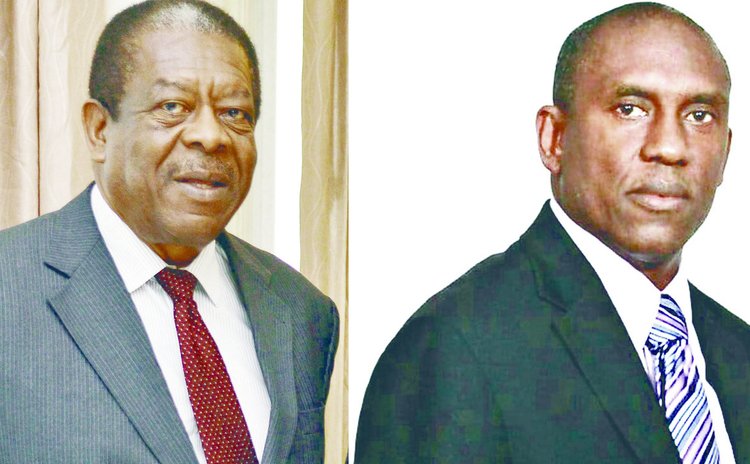More delays with Sir Dennis Byron's electoral reform recommendations

Pouring cold water on the hopes of many who were anxiously awaiting his feedback this month, Sir Dennis Byron, the sole commissioner to advance efforts towards electoral reform in Dominica has once again announced another delay with his recommendations.
Sir Byron's pending report, which prime minister Roosevelt Skerrit said he'd promptly take to parliament to pass into law, is expected to be significant.
Though The SUN has made attempts to get answers that proved futile, state-owned DBS radio on Friday revealed that the process has been taking Sir Byron longer than he had anticipated and won't be ready this month, as previously promised.
Instead, he gave a new target date of January 2022.
This current delay with the recommendation isn't the first which the public has experienced since Skerrit broke the news of Sir Byron at the swearing-in of his new cabinet in December 2019.
Speaking to the Sun earlier this year, Duncan Stowe, the local attorney who heads the electoral commission revealed that the Government is likely to have a report and recommendations on the way forward for electoral reform here by the middle of the year.
"I think they are gunning for May/June for submission," Stowe said.
The process, which was originally due to commence in March 2020, finally got off the ground on 1 February 2021, with over 35 organisations, including political parties, recognised civic groups, and non-governmental organisations, invited to make written submissions by Thursday, 11 February.
The prime minister had initially announced that Sir Dennis would visit Dominica in March last year on an "information-gathering exercise and once he comes into Dominica, he will be exposed to all the relevant stakeholders including the media."
The onset of COVID-19, which led to the closure of borders, forced a change of plans, and the start of the process was rescheduled to 1 September with an end date of December. However, The Sun was told that the eminent jurist refused to begin unless the electoral commission was properly constituted.
The original plan called for a series of town hall meetings with the public, but with COVID-19 many of the consultations and citizens' surveys on electoral reform were held virtually.
At one of the meetings held earlier this year with the private sector and civil society Sir Byron made it clear that electoral reform is needed in Dominica.
Echoing one of the calls made by opposition members and the other members of the public, he noted that the regulatory framework for the electoral process is old and is in dire need of modernisation.
Sir Dennis hinted that there is a need for a modern system with improved technology that will effectively reduce voter fraud during general elections.
For his service, Sir Dennis is being paid EC$450,000, half of which was due at the beginning of the exercise and the remainder at the end.




